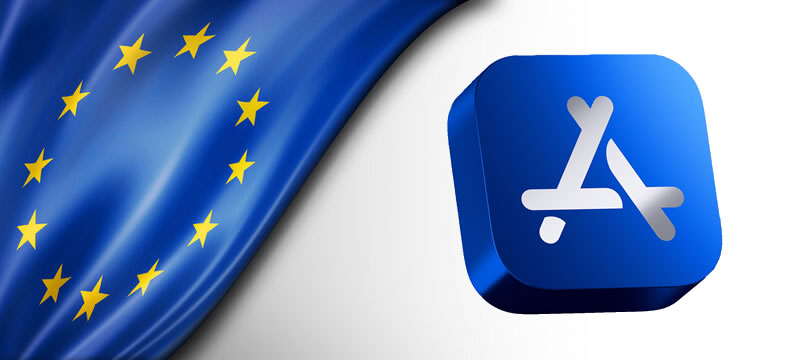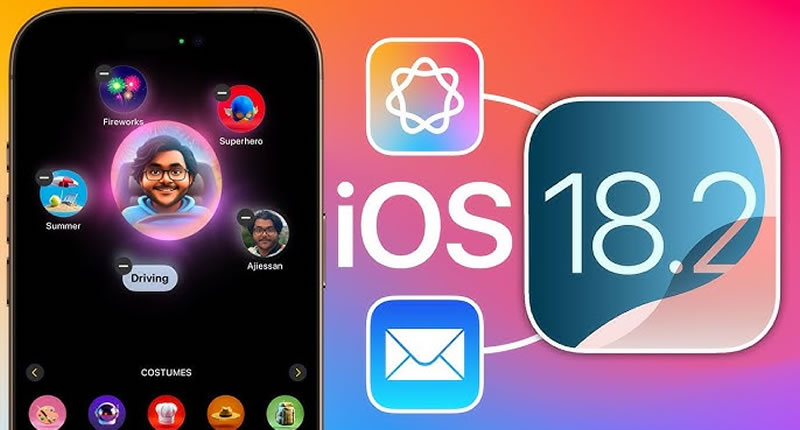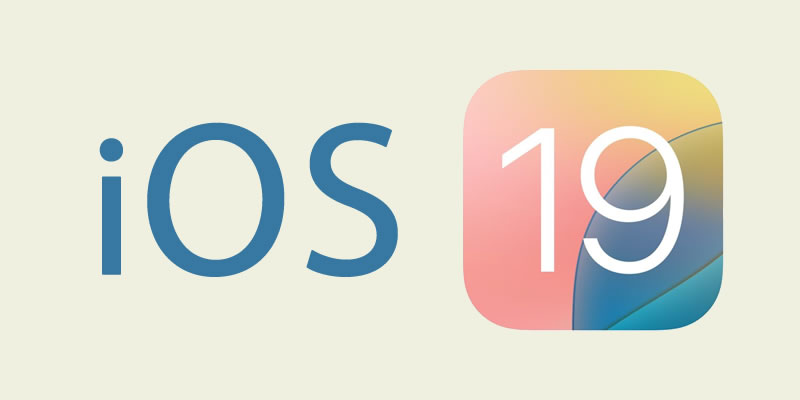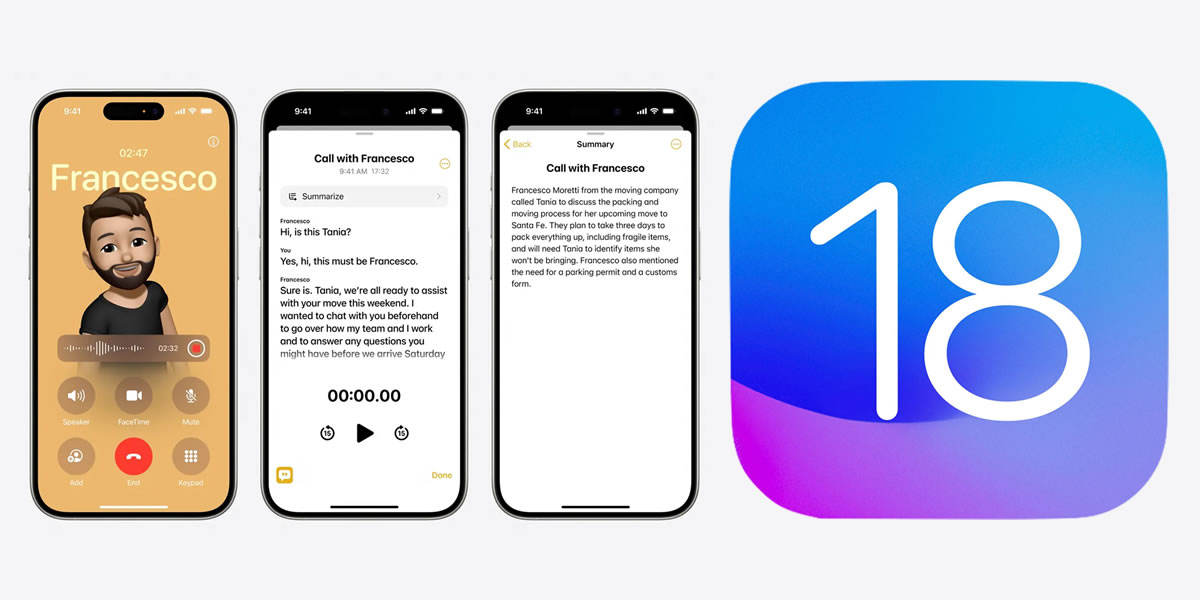In response to escalating pressures from the European Union, Apple is considering granting permission for iPhone users to install applications from sources outside the App Store. This potential policy shift could mark a significant departure from Apple’s current stance, which restricts app installations solely to the App Store.

Winds of Change: EU’s Impact on Apple’s Policies
The European Union’s mounting pressures have prompted Apple to reevaluate its app installation policies on iPhones. The company, under the scrutiny of EU regulators, may open the gates to external sources for app installations on iPhones, paving the way for users to explore and download applications from alternative app stores.
A Glimpse into the Future: External App Installations in 2024?
According to insights from analyst Mark Gurman, Apple could greenlight external app installations as early as the first half of 2024. Historically, the only method for installing apps outside of the App Store was through jailbreaking. However, this potential policy change could democratize the process, allowing users to diversify their app sources.

Despite this anticipated shift, Apple is poised to face challenges. Firstly, relinquishing its monopoly on app installations may result in a loss of revenue, as the company currently charges a commission ranging from 15% to 30% on App Store transactions. Secondly, the absence of Apple’s guidelines outside the App Store may pose security risks, potentially leading to vulnerabilities in the iPhone ecosystem.
Balancing Act: Apple’s Response to Challenges
Acknowledging these challenges, Apple is expected to implement a “highly controlled system,” as suggested by analyst Mark Gurman. This system aims to strike a delicate balance, allowing developers to offer apps outside the App Store while ensuring stringent control mechanisms to safeguard user privacy and maintain the overall security of the iOS environment.
Apple’s commitment to user privacy and security remains unwavering. In the wake of potential external app installations, the tech giant is likely to introduce mechanisms that uphold its stringent standards. Gurman emphasizes the need for a “highly controlled system,” suggesting that Apple will not compromise on its commitment to providing a secure and seamless user experience.
Past Reservations: Apple’s Concerns Addressed by EU Legislation
Historically, Apple has expressed reservations about external app installations, citing concerns related to user privacy and security. However, the European Union’s Digital Markets Act, recognizing major tech companies as “gatekeepers,” mandates a more inclusive approach. This legislation aims to foster fair competition by compelling companies like Apple to open their services to third-party entities and developers.
The evolving landscape spurred by EU regulations prompts Apple to navigate uncharted territories. While concerns about potential risks loom, the company’s adherence to established security protocols and its commitment to user privacy remains steadfast.
In conclusion, the possibility of Apple allowing external app installations signifies a paradigm shift in the company’s approach. As the tech giant contemplates embracing change, users may soon find themselves with the freedom to explore a broader spectrum of applications, reshaping the dynamics of the Apple ecosystem.




